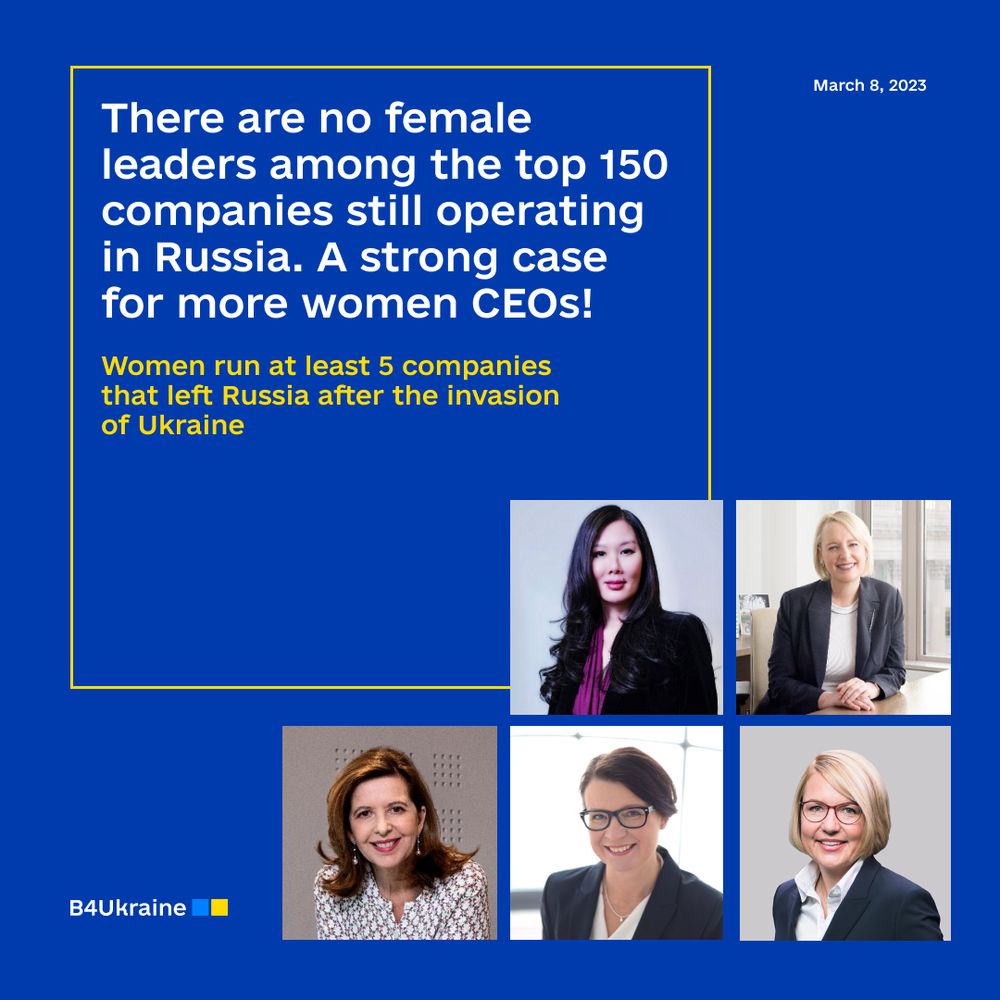
Russian Armed Forces’ extensive and well-documented use of rape and other gender-based violence as a weapon of war during the invasion of Ukraine has shocked the world and continues to have devastating impacts.
Over the last year, more than 120,000 people in Ukraine have received gender-based violence assistance and referrals through the protection services supported United Nations sexual and reproductive health agency.
Prosecutor General’s Office of Ukraine is investigating 171 cases of sexual violence against Ukrainians by the Russian military, with 39 men among the victims, said Ukraine’s First Lady Olena Zelenska. She said 13 victims are minors, among them a boy.
Russian forces have been carrying out sexual assault as a “deliberate tactic to dehumanize the victims,” part of its military strategy, stated Pramila Patten, the U.N.’s special representative on sexual violence in conflict. She said the victims range in age from 4 to 82 years old.
Increasing reports of potential war crimes, human rights abuses and other atrocities that have been committed by Russian invaders since the first days of the war were not ignored by the international community. As part of an unprecedented response to Russia’s unprovoked aggression, a number of international companies took significant measures to pull out of the Russian market responsibly, claiming that their values no longer allow them to stay.
B4Ukraine analysis, based on the KSE Institute data, shows that there are no women among the CEOs of the 150 largest companies (by revenue in 2021) remaining in Russia. On the other hand, women have been CEOs of at least 5 international companies that exited Russia after the invasion of Ukraine. This makes up a strong case for more women CEOs!
Under Julie Sweet’s leadership, Dublin-based consulting firm Accenture decided to discontinue its business in Russia, announcing this one week after Russia’s invasion.
“The images and voices from Ukraine are tragic. Accenture is committed to supporting humanitarian aid to address the crisis and we stand with all in the global community who are calling for peace,” — Sweet wrote on Twitter the next day after the invasion.
Finnish dairy company Valio was also fast to react. “We strictly condemn Russia’s attack on independent Ukraine. Ethically, Valio cannot continue operations in Russia; therefore, we are ending business operations in Russia,” said Valio’s CEO Annikka Hurme on March 7, 2022.
Another Finnish group — scissors-maker Fiskars — announced its withdrawal on the same day. “In this situation, with Russia having attacked Ukraine and caused an immense humanitarian catastrophe, it is clear to us that we cannot continue to operate in Russia. We will ensure that our exit from the market is done with due consideration to the local employees and legislation,” said Nathalie Ahlström, president and CEO.
French catering and food services group Sodexo announced the termination of its Russian business activity in April 2022. Sodexo is run by Sophie Bellon.
German cosmetics company Wella, run by Annie Young-Scrivner, left the aggressor state in May 2022.
Russia’s war against Ukraine has also been a war against women and girls. Companies that left Russia made an important contribution to depriving the Russian government of economic resources behind its aggression and related violence, including gender-based crimes.
Join B4Ukraine’s demands to end ongoing corporate complicity in the Russian aggression and crimes against humanity in Ukraine.